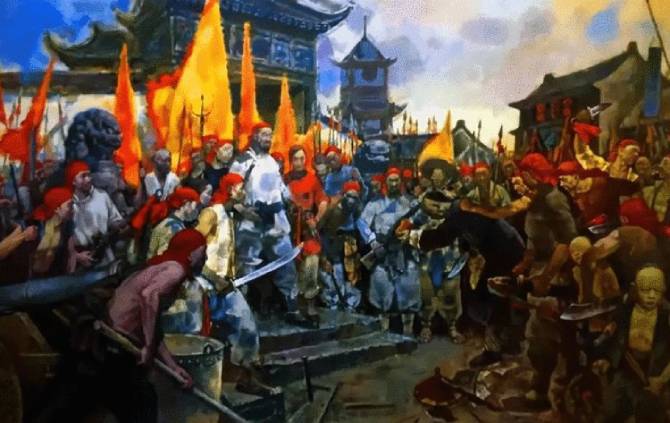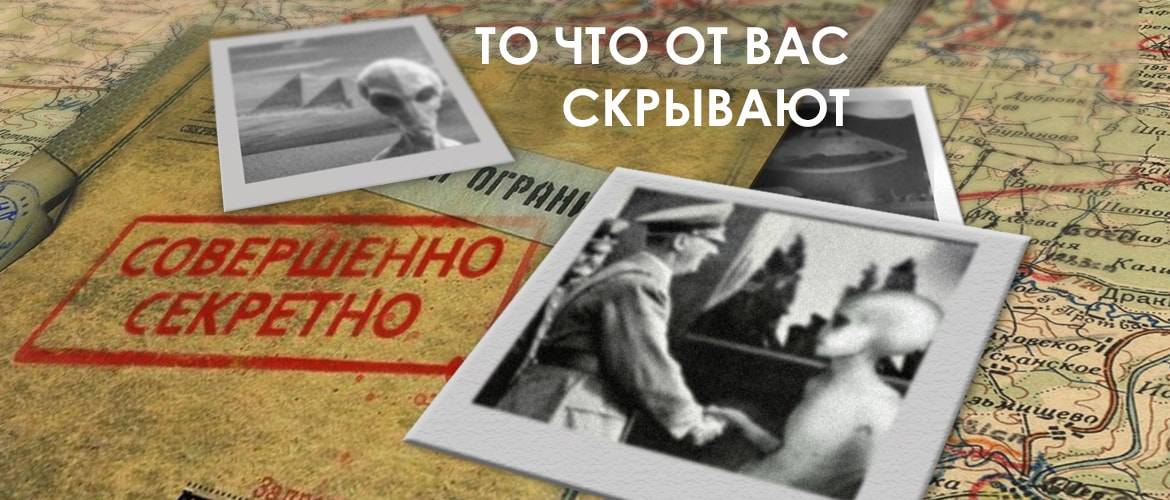War is always evil, and sometimes it is better to know as little as possible about it. In some countries, there are bans on the disclosure of classified data, other information is not distributed for propaganda purposes. Be that as it may, Joy-Pup always stands for the availability of historical facts in their original form. Today we present you the TOP 5 facts about wars that are not customary to talk about out loud.

1. Nothing is known about the death of 2 million Soviet citizens who died during the Second World War
The Second World War claimed millions of lives, all the participants in this conflict suffered without exception. That’s just the attitude towards the fighters against Nazism in different countries is very different. So, in Russia, only according to approximate data, the fate of about 2 million soldiers who gave their lives for their country has not been established. Maybe the comparison is not entirely correct and appropriate, but the fate of all a couple of dozen people has not been established in the United States. Against the backdrop of billions of dollars spent on patriotic education and holding parades, such a disregard for the memory of the dead by the state seems, at least, very strange.
2. Outrages of internationalists in Afghanistan
The cruelty of the local population of Afghanistan towards the Soviet military is openly spoken about, but the reciprocal actions of the Soviet military are somehow customary to remain silent. And if in some cases excessive cruelty can be justified by the desire to avenge colleagues, then sometimes rage and inhumanity were absolutely unjustified.
In the book “Soldiers of the Afghan War”, Corporal of the Airborne Forces Boyarkin described his memories of patrolling the outskirts of Kandahar by his battalion. One day, out of boredom, paratroopers began to shoot cattle passing by with machine guns, and when a shepherd appeared among the animals, several bullets flew into him.
The internationalists also sinned by planting “compromising evidence” on innocent people. For example, a patrolman could secretly transfer a cartridge from his pocket to the things of the person being searched in order to accuse him of preparing an attack. Such evidence of guilt in some cases was quite enough to shoot a person on the spot.
3. Religious war in Taiping claimed the lives of up to 100 million people
Fast forward to the middle of the 19th century in the Chinese province of Guangxi. It was there and then that the ordinary rural teacher Hong Xiuquan once again fails the imperial exam and again does not fall into the ranks of China’s scientific elite. The frustrated man decided to take a closer look at the works of Protestant Christian missionaries, and when he studied a couple of books, he proclaimed himself a brother of Christ.
Promoting ideas of his superiority and insisting on the need to overthrow the ruling Qing empire, Xiuquan united about 30 million supporters around him. In 1850, the so-called Taiping uprisings (Taiping is the name of the new Chinese state) began throughout China, dragging on for 18 years and reducing the country’s population by several tens of millions of people. Some researchers even call an incredible figure – 100 million dead.
4. Many WWII heroes were fictional
It is no secret that the creation and popularization of heroic images is often used by the state to manipulate the population. One example is the feat of 28 Panfilov’s men. After the end of the war in 1948, Nikolai Afanasyev, chief military prosecutor of the USSR Armed Forces, prepared a certificate-report in which one can find curious lines: “The feat of 28 Panfilov’s men, which was covered in the press, is a fiction of the correspondent Koroteev and the editor of Krasnaya Zvezda Ortenberg. The attention of the authorities to the feat of 28 Panfilov’s soldiers was caused, among other things, by the repeated facts of mentioning supposedly buried fighters among the survivors.
5. Taking the Reichstag didn’t make sense
It is known that the Second World War ended almost immediately after the Reichstag was taken. In fact, this military operation had absolutely no strategic significance and was important only as a symbol. In 1945, there was no parliament in the Reichstag, and Nazi leaders met in the Reich Chancellery. The desire of military leaders to hoist the banner of Victory over the Reichstag is connected with Stalin’s speech on November 7, 1944. Then the leader said the phrase “Soon our banner will fly over the Reichstag.”







Only registered users can leave comments